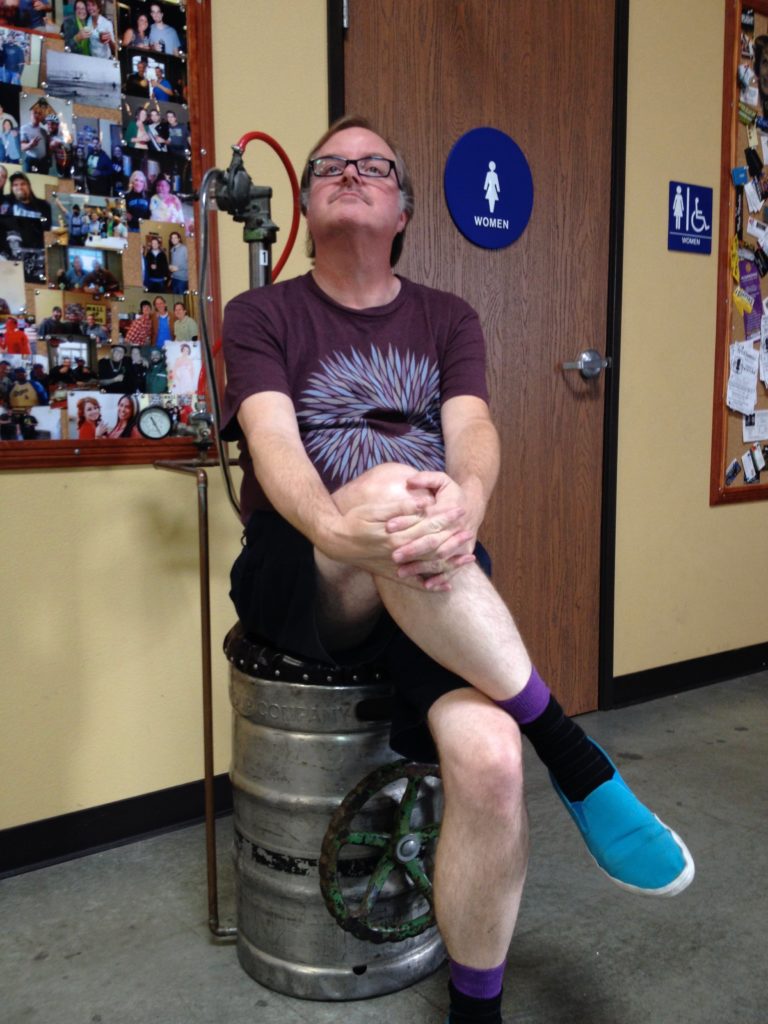PAT PILCHER weighs in on a broiling controversy involving Sky’s demands to internet providers and their angry response.

Desperate situations sometimes require desperate remedies. At least that seems to be the prevailing wisdom at Sky TV.
Having suffered its highest customer churn in over a decade through the growth of online rivals, Sky also face the double whammy of this competitive environment driving up the cost of broadcast rights.
This can’t be good news for New Zealand’s only pay TV provider. Last year the NZ Herald reported Sky’s half-year profit dropped to $87.1 million, and that customer churn (the number of customers cancelling subscriptions) rose to 15.4 per cent – a sizeable jump from the 14.5 per cent recorded in 2015.
You could argue that there are seasonal variations and that people flock to Sky in winter for rugby, and cancel in summer, but this ignores the rise of Netflix and other online services, which stream content with no adverts or unwanted channel bundles.
Rumours of Amazon’s entry into NZ continue to swirl. Several credible sources are saying that Amazon will have a presence in NZ in the first half of 2018. This, plus persistent rumours of an Amazon bid for rugby broadcast rights, means there’s good reasons for Sky’s concerns.
Watching as customers move to cheaper and more flexible online alternatives must be galling for Sky. It is likely to be peanuts compared to the impact from the continued growth of piracy.
Competing against legitimate commercial competitors is one thing, but competing against pirated content is a whole different satellite dish full of worms.
Now Sky’s latest tactics for combatting this have attracted the ire of ISPs.
 In a press release from Vocus group, their CEO, Taryn Hamilton says that Sky TV have approached NZ ISPs and asked them to consider blocking access to specific websites.
In a press release from Vocus group, their CEO, Taryn Hamilton says that Sky TV have approached NZ ISPs and asked them to consider blocking access to specific websites.
Hamilton is not happy about the request, and his outraged response sums up his position:
“Sky’s call that sites be blacklisted on their say so is dinosaur behaviour, something you would expect in North Korea, not in New Zealand. It isn’t our job to police the internet and it sure as hell isn’t Sky’s either. All sites should be equal and open.”
Sky swiftly responded with its own press release. Spokesperson Kirsty Way said that “Vocus’s claims that we’re attempting censorship are nonsense, and demonstrate that Vocus is out of touch with what is happening around the world – not to mention that they seem to be wanting to align their brand with pirates who steal content.”
Debating the ideological ins and outs of ISPs complying with Sky requests is pointless. Simply put, the real issue is this:
Why should a bunch of ISPs risk incurring the wrath of their customers to prop up the faltering business model of Sky? As Hamilton points out, it isn’t their job.
Sky says that internet blockades are in place in many countries. This ignores the fact most have proved ineffective. Within days of the UK government announcing that they were blocking access to torrent tracker sites, a huge number of workarounds surfaced faster than it could respond. People in the UK (and other countries) continued to access pirated content despite these blockades. There’s no reason why a similar situation wouldn’t happen here. An internet blockade is unworkable.
Sky’s request ignores the fact that piracy methods are changing. A growing number of people are no longer using peer-to-peer technologies to download content, many having installed the legal, open source (and free) media player Kodi onto old PCs. They’re also installing plugins such as Covenant. It provides full-streamed access to TV content from around the world, as well as thousands of movies. Because of this, blocking access to Torrent tracker sites would be about as effective as a fart in a hurricane.
Then there’s the not so small issue of what’s in it for the ISPs and their customers. Complying with Sky TV’s request makes little commercial sense for ISPs, while it exposes them to commercial risk and considerable costs.
Even if 99 percent of New Zealand’s ISPs agree to block access to the websites Sky has listed, there would most likely be an exodus of customers to the ISPs that refuse to co-operate with Sky.
 Then there are the massive costs associated with maintaining a working internet blockade.
Then there are the massive costs associated with maintaining a working internet blockade.
In the UK this saw ISPs engaging in a losing game of “whack-a-mole”. New blockade work-arounds would surface, forcing ISPs to race to circumvent the circumvention. On top of this, ISPs also had to maintain an accurate and up to date list of torrent tracker sites to block. Given the breakneck speed with which these sites appear and disappear, it was an unwinnable battle. It also consumed a huge amount of time and costly resources.
The sad thing was that these costs got passed onto legitimate ISP customers. This took the form of broadband plan price hikes to cover compliance costs.
Short of any actual legislation from lawmakers requiring ISPs to set up an internet blockade, there’s no incentive for ISPs to co-operate. It’d be a hiding to nowhere for them.
Last, but by no means least, Sky are ignoring the whole PR angle. Sky incurred the wrath of many through a series of gaffes. These include broadcasting commercials after the haka in a rugby test last year. Updates to the MySky box also attracted huge criticism. One Facebook rant on the issue attracted over 16,000 likes and 25,000 comments. The final straw for many Sky subscribers was the move by Sky to hike the price of its online Fan Pass sports service. Having succeeded in incurring the wrath of customers and driving many to online illegal alternatives, Sky now run the risk of turning a trickle of disgruntled customers into a deluge. Here’s hoping sanity prevails or we all lose.















